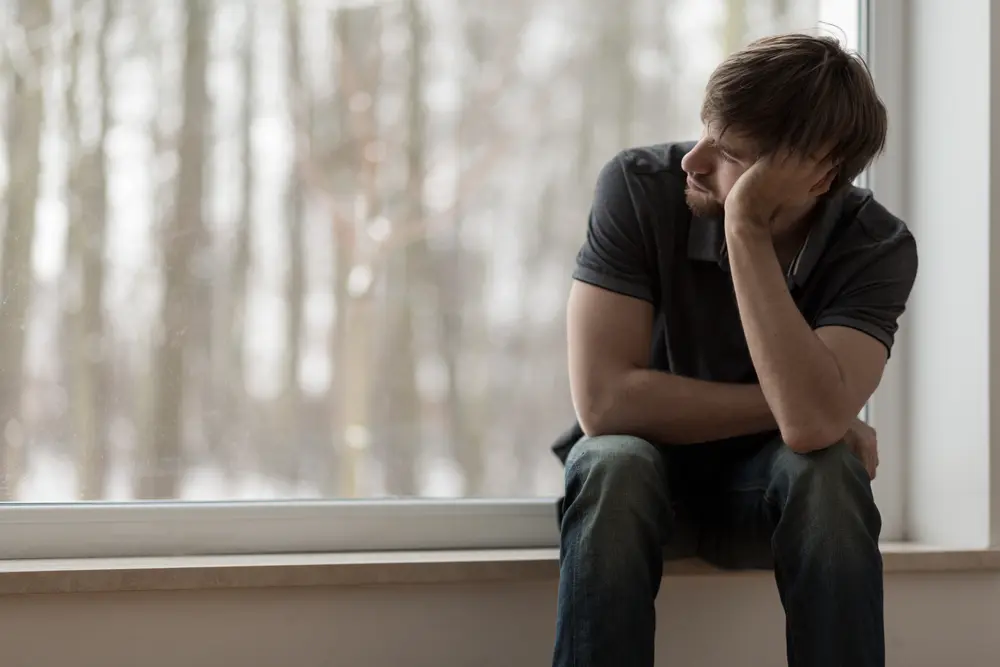Men don’t talk enough about their mental health. That’s a fact.
There has been progress with this over the last couple of years, with lots of campaigns launched globally to tackle the epidemic of men’s mental health issues.
But, as with most things mental health related, we still have a long way to go.
Men can find it particularly difficult to reach out and talk about their mental health issues due to society’s stereotypes about manhood and masculinity. In the past and the not-too-distant past, men have been shamed or laughed at for talking about anything that refers to emotions, feelings or mental health. They have been encouraged to have a “stiff upper lip” instead and bottle up their feelings.
These attitudes in society have caused a lot of damage to men across the world.
Men actually have higher rates of completing suicide than women do, and there are pervasive and corrosive mental health issues destroying communities of men.

It can be a pretty bleak picture.
To combat this and to turn the narrative into something more positive, we need to change how we view men’s mental health issues.
A great place to start could be with how we view men’s mental health issues stemming from fatherhood.
Women tend to be the stars of the show when it comes to parenthood and yes, there are lots of valid reasons for this. But men are really important too and their issues need to be put on an equal platform.
Men can really struggle with the transition into fatherhood and there are a lot of pressures with money, responsibility, bonding, and expectations.
There are also too many fathers out there affected by grief and loss in losing a child, and this isn’t talked about enough.

To change the narrative around men and their struggles with mental health, we need to encourage men to come out and talk about how they are feeling. We need to normalise these conversations and allow them to have safe avenues in which to speak their minds.
We need to establish community services for men’s mental health and we need to make it ok for men to go there without being judged or shamed.
We need to keep our men safe and healthy and we need to start doing this by changing our outlook on their mental health. If we don’t, there are dire consequences.
If you are someone who is struggling or you know someone who is struggling, take the time to talk. Open up and allow conversation to be ok.
If things are getting really tough, always talk to a doctor or a registered mental health practician. Don’t be afraid to contact the emergency services if you think you need to too. It’s better to do it than not do it and regret it forever.
Men are important, fathers are important, and we need to treat their mental health as important too.
We have made progress already, but we need to keep making much more progress going forward.




